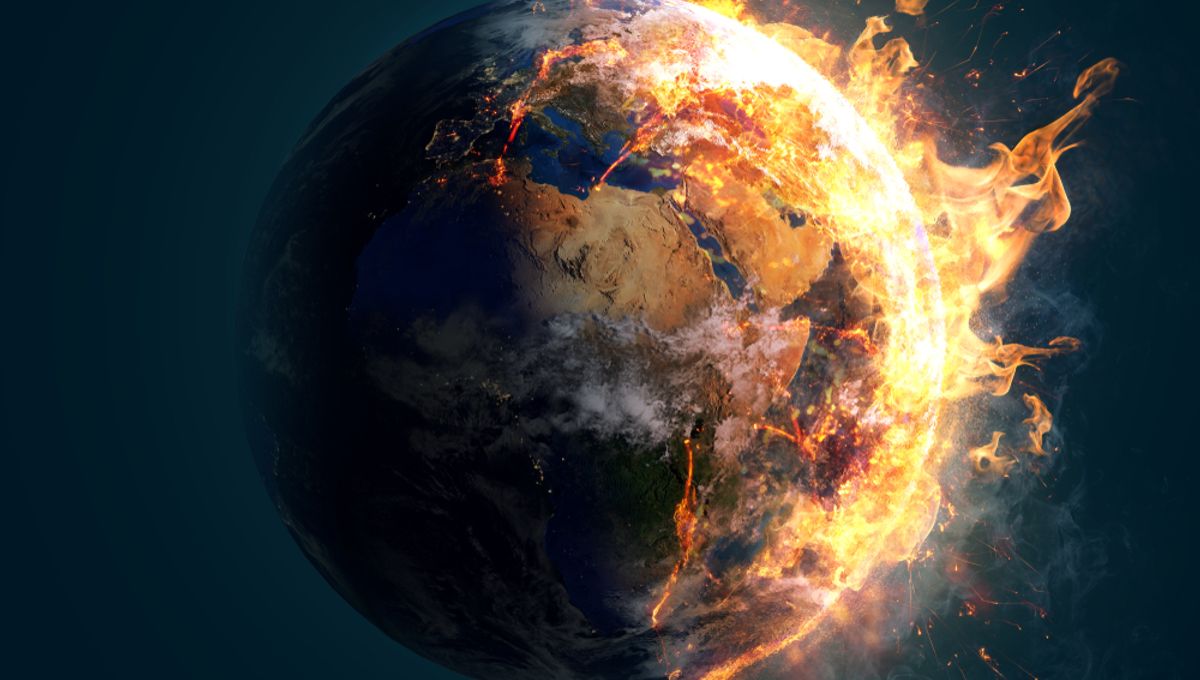“And thus,” the team wrote in their non-peer reviewed preprint paper, “the outcome (or penalty) of players’ in-game behaviors in the last few days loses its meaning.”
The team believed that the deletion of the world provided a good proxy for the end of the real world, giving players no consequences to their actions. They believed it would help them answer age-old questions of whether humans would abandon moral ideals as the apocalypse looms.
The team analyzed over 270 million records of player behaviors in the game, such as leveling-up data and quest logs, to see if the behavior of the players changed when they knew the “world” was ending. The game was surprisingly peaceful, bar a few outliers who chose to go on killing sprees.
“Our findings show that there are no apparent pandemic behavior changes, but some outliers were more likely to exhibit anti-social behavior (e.g., player killing),” the team wrote. “We also found that contrary to the reassuring adage that ‘even if I knew the world would go to pieces tomorrow, I would still plant my apple tree,’ players abandoned character progression, showing a drastic decrease in quest completion, leveling, and ability changes at the end of the beta test.”
Essentially, when the world is ending you probably won’t spend much time on self-improvement (e.g. jogging). The team write that the people who stayed until the end of the game tended to be the most peaceful, perhaps having the most loyalty to the game. Meanwhile, people who left the game earlier of their own volition, who the team called “churners”, tended to exhibit the most antisocial behavior such as killing other players








